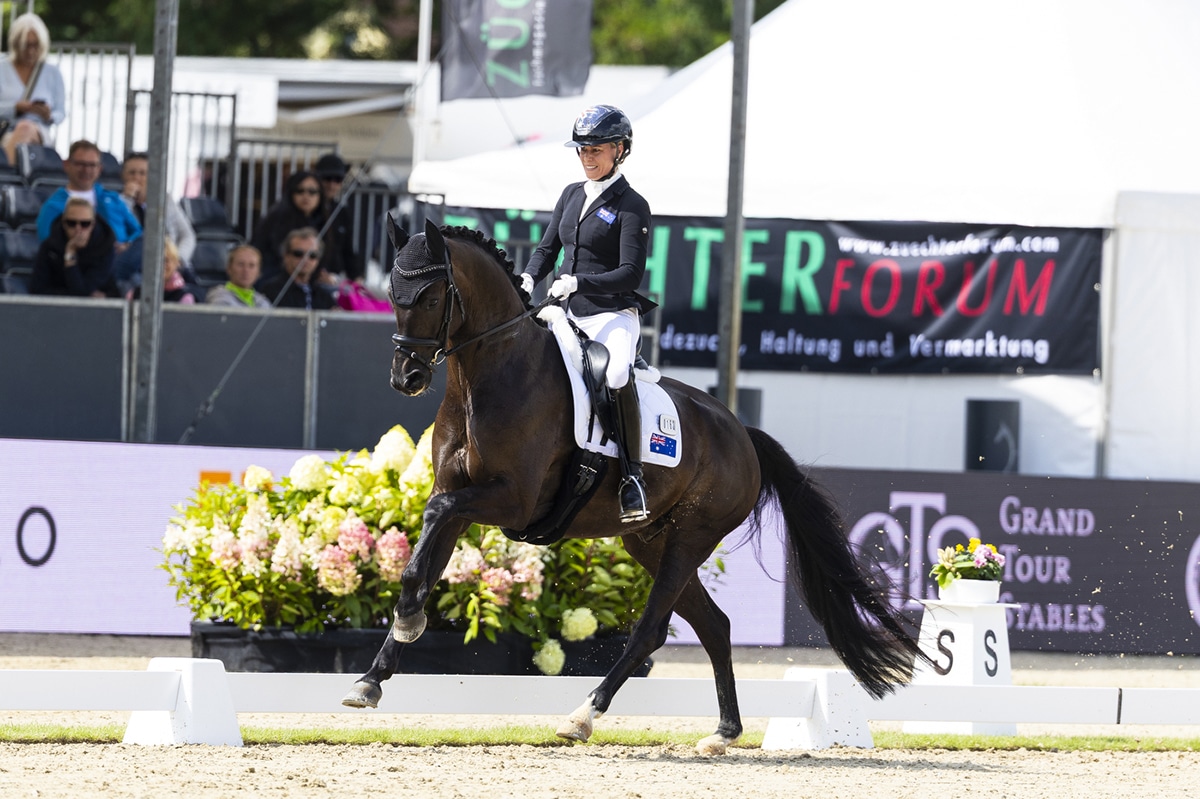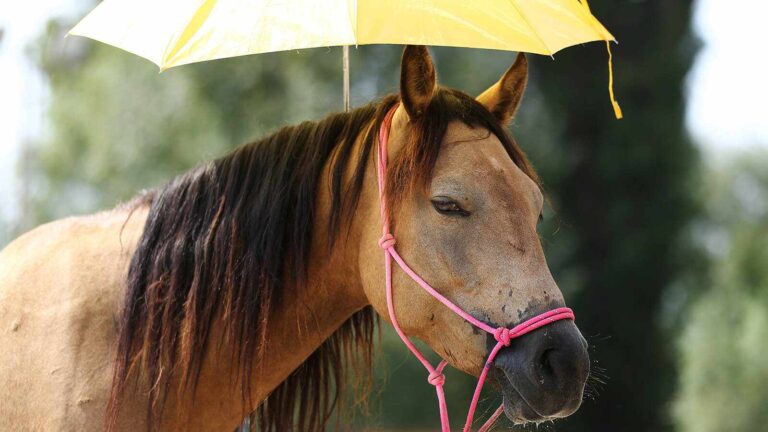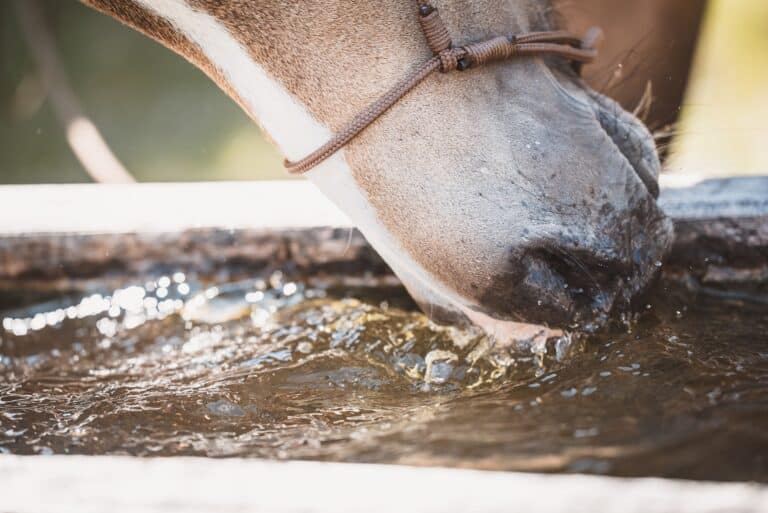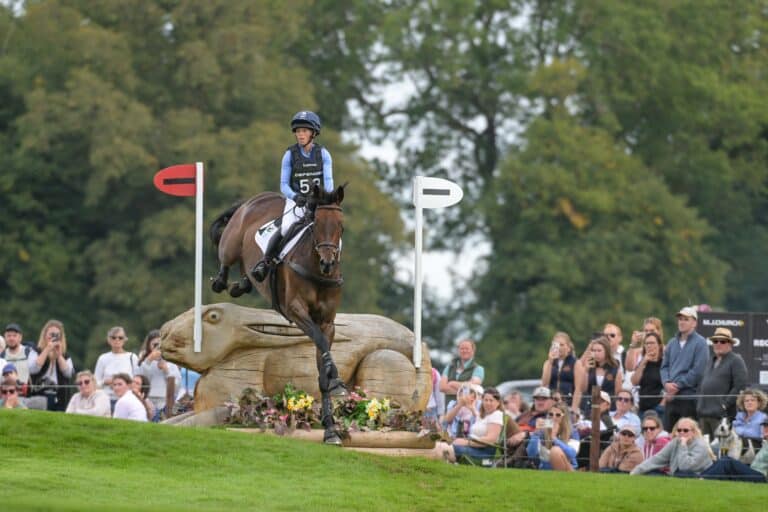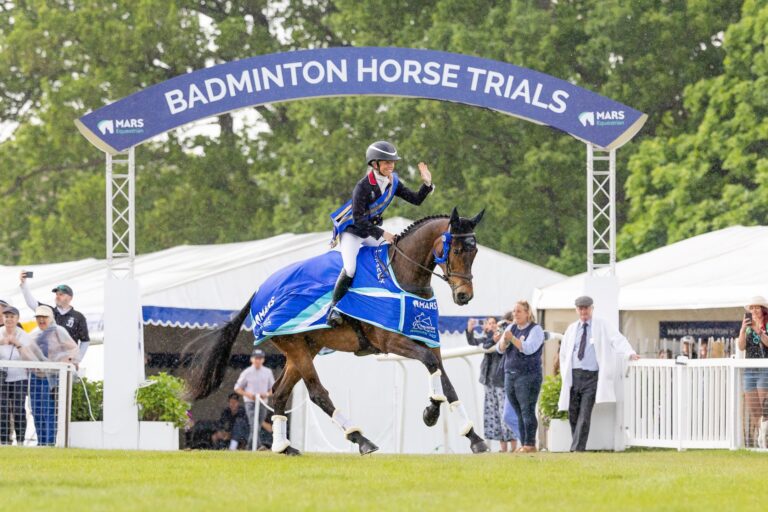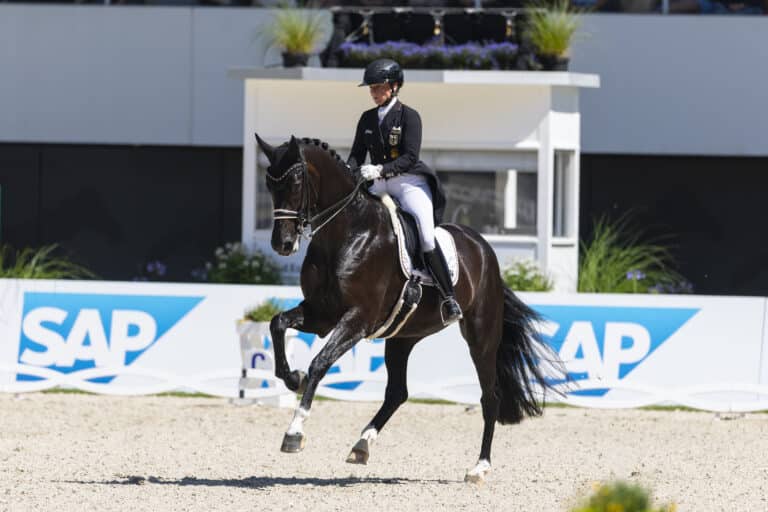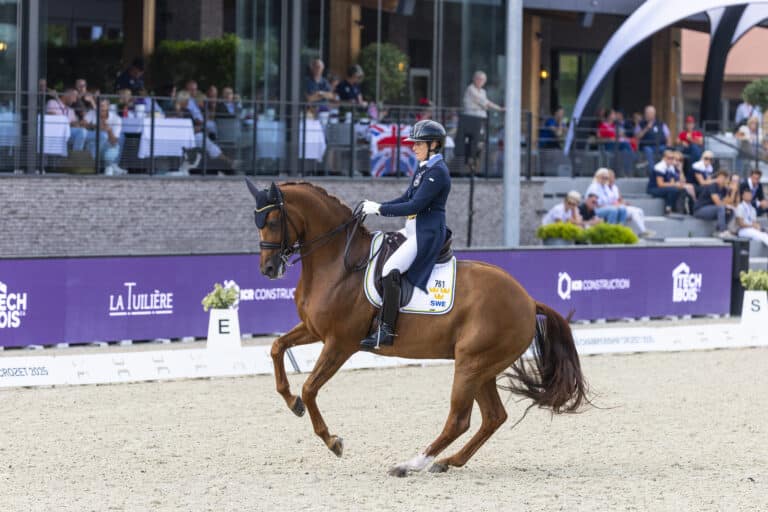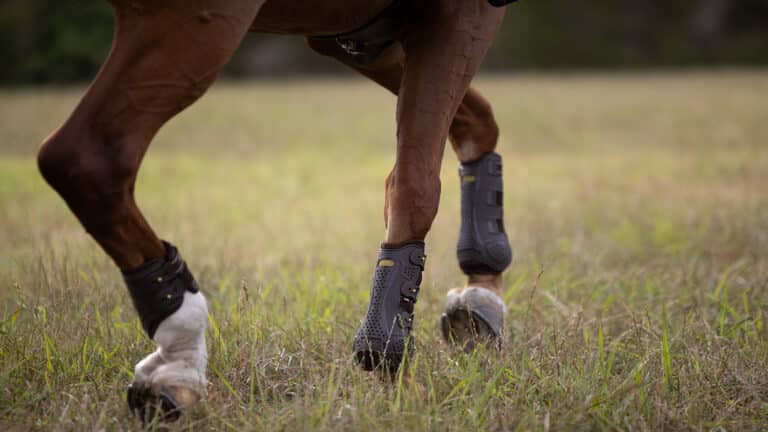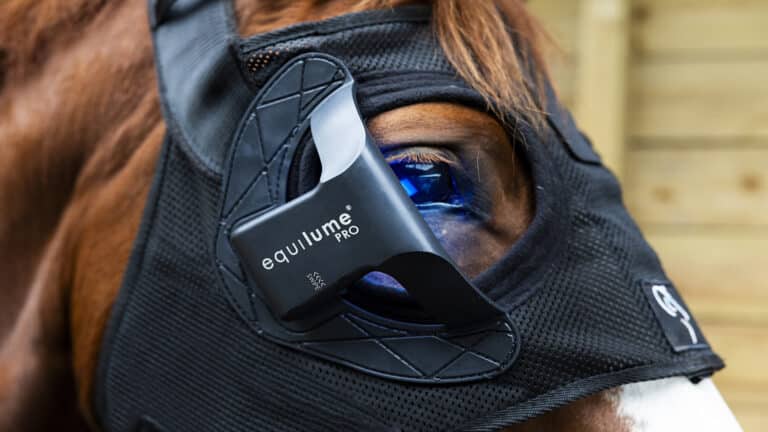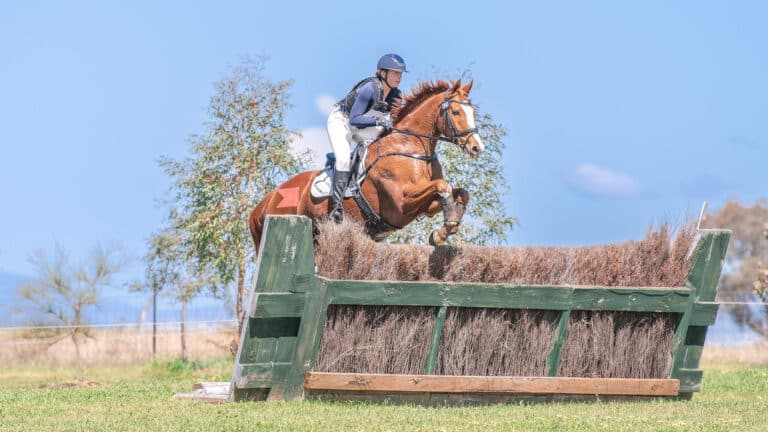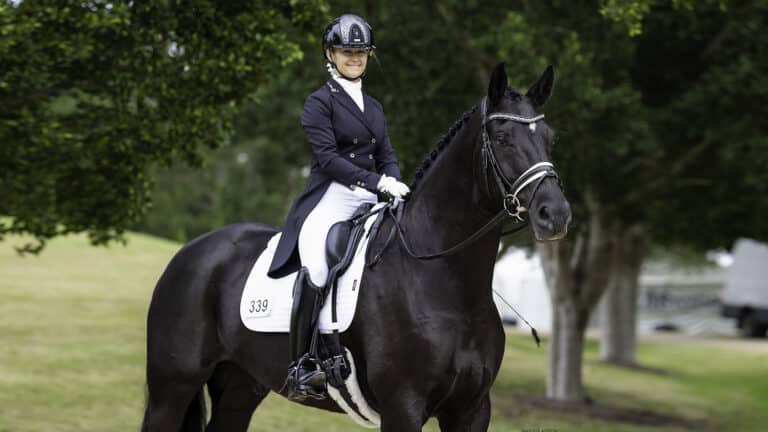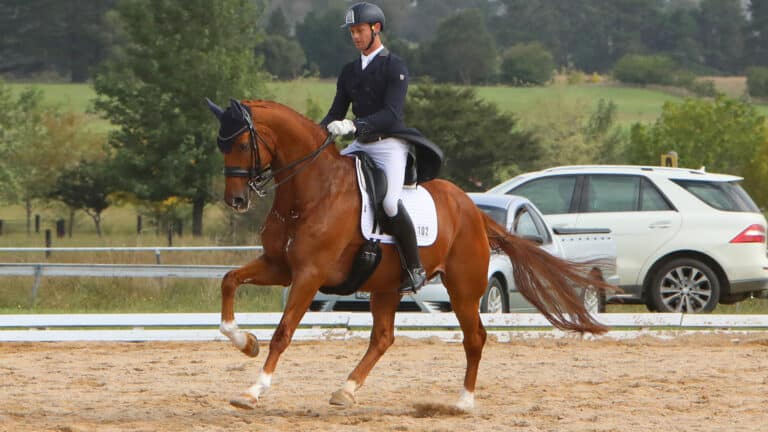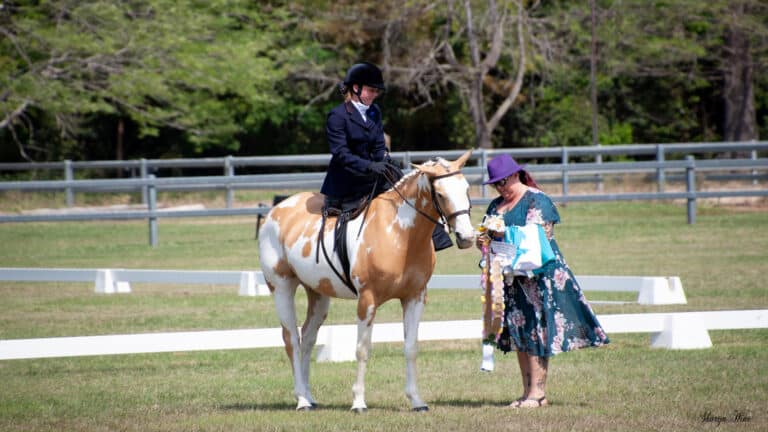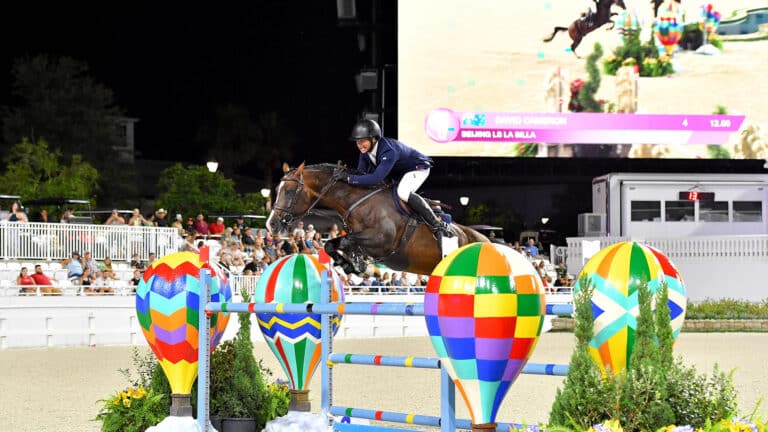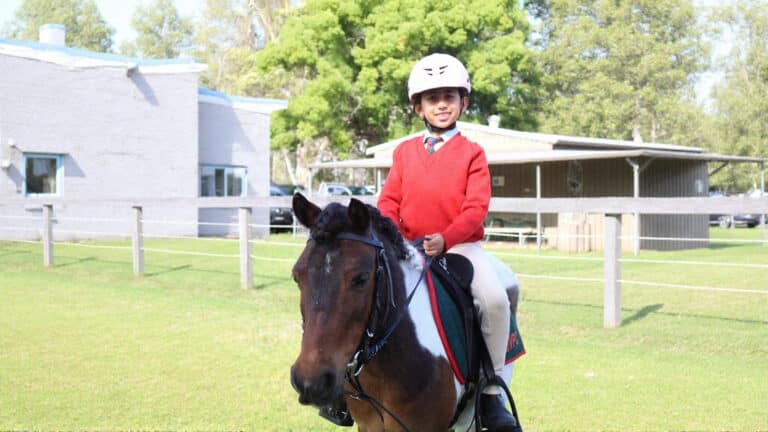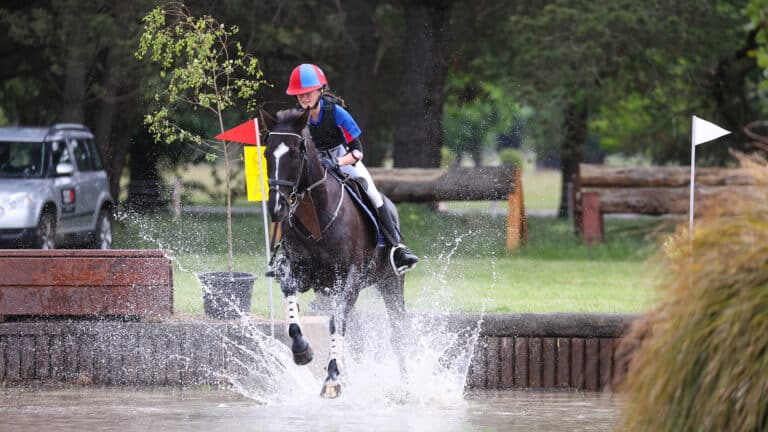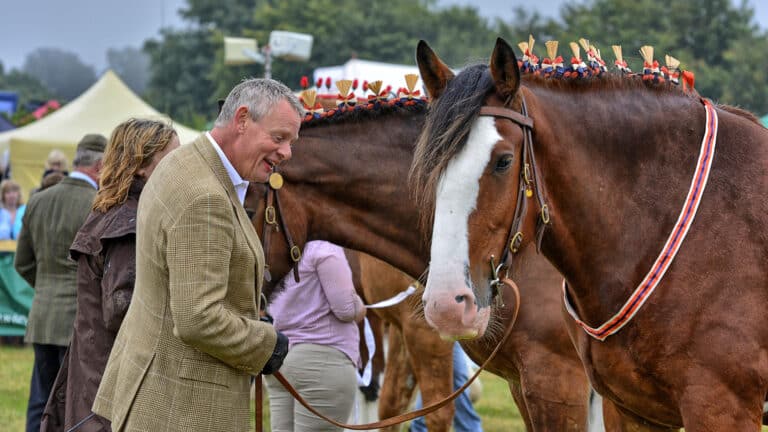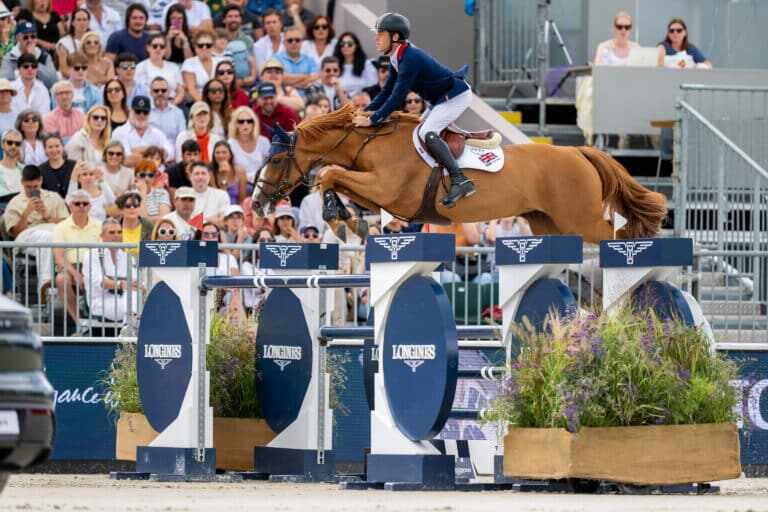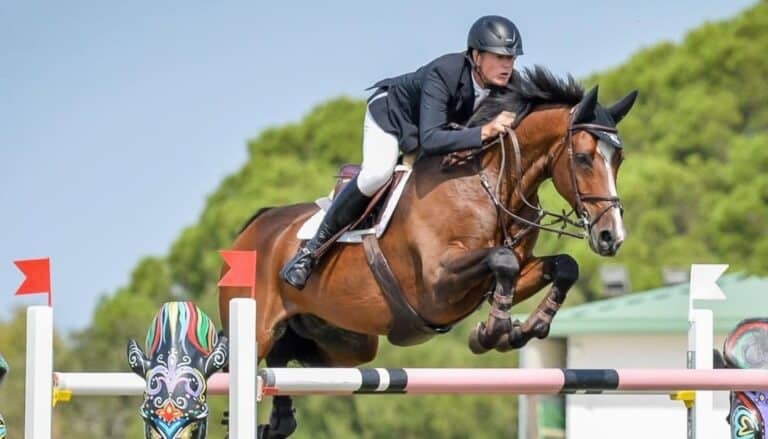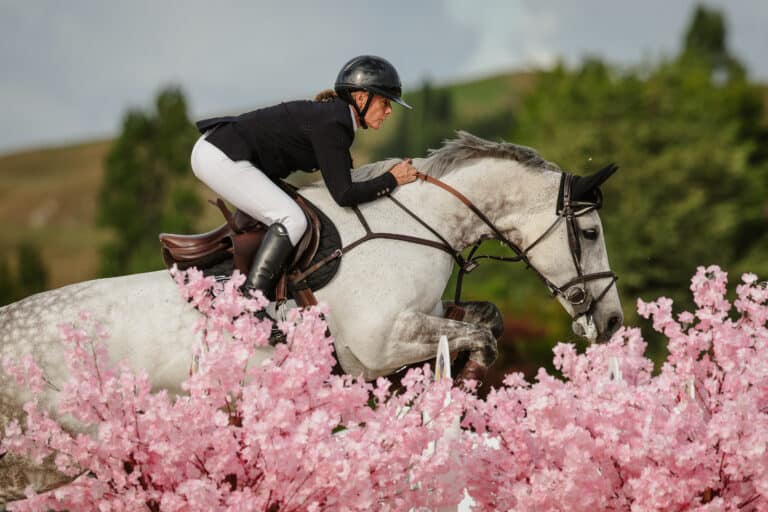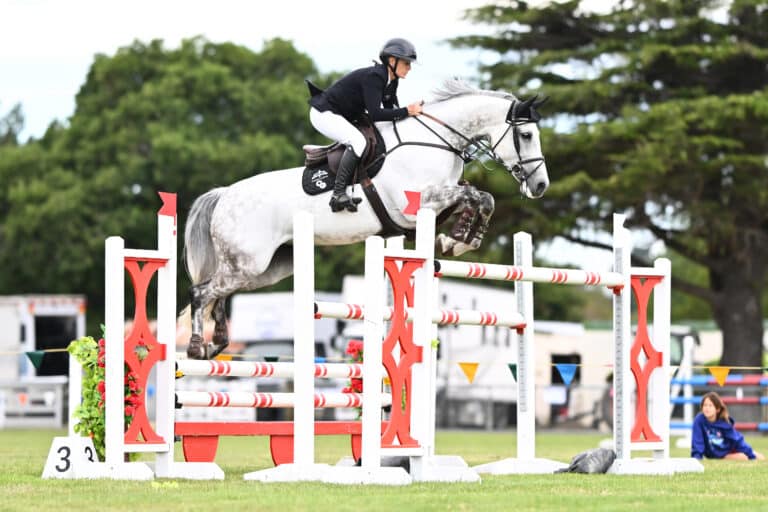Latest News
While the hot Australian climate can be brutal and produce extreme temperatures that cause heat stress in horses, this dangerous condition can also be brought on by intensive exercise on an ordinary summer’s day.
With the hot weather upon us, providing access to good clean water is even more vital now than at any other time of year, due to the increased requirement for water to cool a horse’s body down in high temperatures.
Data has revealed the top prize money earners in the eventing world, with British star Ros Canter topping the list for 2025.
The MARS Badminton Horse Trials has announced a major prize money increase for its 77th running, with a record £125,000 first prize and an expanded overall fund reinforcing its status as one of the most prestigious events in five-star eventing.
Data has revealed the top prize money earners in the dressage world, with German Olympian Isabell Werth topping the list for 2025.
The Global Dressage Festival CDI5* returns to Wellington this week, offering a USD $150,000 prize pool and attracting a field that includes six Olympians among the 13 confirmed starters.
Equestrian Life Magazine
More about Jumping
Jumping has reaffirmed its position as equestrian sport’s economic powerhouse, with Hippomundo data revealing British star Scott Brash as 2025’s highest-earning rider and highlighting a high-volume model driving success at the sport’s elite level.
In episode six of ‘The Equestrian’s Inner Life’ podcast, host Pernille Hogg catches up with New Zealand Olympian Bruce Goodin.
Julie Davey and LT Holst Freda won their second consecutive ClipMyHorse.TV FEI World Cup (NZ League) Series on Saturday evening, after placing runner-up in the final behind Sophie Scott and Normandy GHP.
New Zealand’s top show jumpers are heading to Takapoto Estate for the final of the FEI World Cup NZ League 2025/26. You can catch the action via ClipMyHorse.TV.


